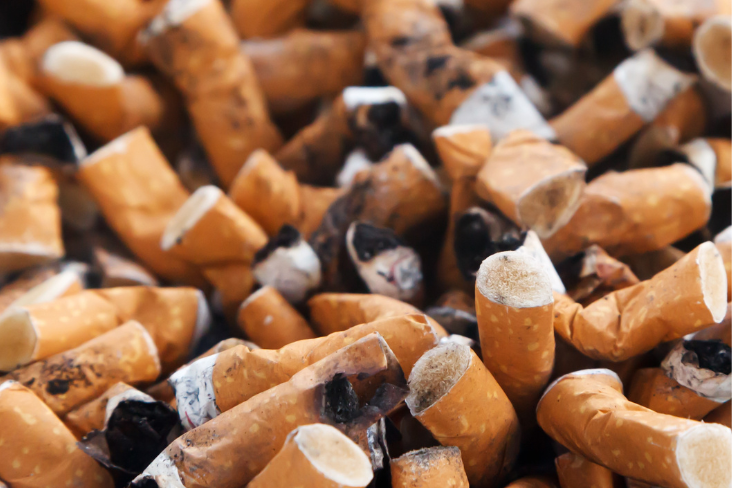Smoke-free researcher calls on politicians to be transparent about connections with big tobacco
8 February, 2024
Interview by Castor Chacko, adapted by Mahdhi Osman-Penrice
Following a proposed freeze on excise tax for tobacco products and repealing tobacco control measures, Co-Director of the University of Otago’s smoke-free research group ASPIRE 2025, Janet Hoek, is concerned about the tobacco industry's influence on government policy.
Last month, RNZ reported that official documents showed newly incumbent Associate Health Minister, Casey Costello, was seeking advice about freezing tax increases on tobacco products.
This, along with repealing what would have been world-first smoke-free legislation introduced by Labour in 2022, has led public health researchers to raise concerns about the influence of tobacco corporations on the government’s decision-making.
Co-Director of the University of Otago’s smokefree research group, ASPIRE 2025 — a group that assists the government in its development of smokefree policy, Janet Hoek, told 95bFM’s The Wire that politicians need to be honest about any connections they might have to the tobacco industry.
New Zealand is a signatory nation to the international agreement, the WHO Framework Convention on Tobacco Control, which requires governments to document their interactions with tobacco companies.
But Hoek says we do not have the level of transparency needed to know whether our politicians and policymakers are fulfilling their obligations.
“The tobacco industry hires lobbyists, or so-called ‘think tanks’, to go out and shape policy on their behalf.”
“We believe there needs to be more transparency about politicians interactions with these ‘think tanks.’”
Hoek says there is a historical track record of tobacco companies attempting to shape policy by influencing public opinion.
“When we had the plain packaging policy, they opposed that really bitterly using many of the arguments they are now reusing to oppose aspects of the smokefree legislation.”
Hoek is also concerned about astroturfing campaigns, where big tobacco sets up groups that present as grassroots but act in the interests of the industry.
“We saw that with the petition they organised for shopkeepers to present to parliament. We saw it in an online social media campaign they ran last year called ‘Save Our Stores.’”
Hoek says the tobacco industry has decades of experience spreading disinformation on the effects of smoking, so it is not surprising they are doing it now. But she is concerned that the government seems unwilling to fact-check its claims.
“The government is not basing their decision to repeal smokefree legislation on evidence.”
“We know that legislation has incredibly strong public support, so they are not basing it on a mandate from the public. So that raises the obvious question, what exactly is shaping and pushing this decision they seem determined to go ahead with?”
Public Interest Journalism funded through NZ On Air

 95bFM
95bFM 

